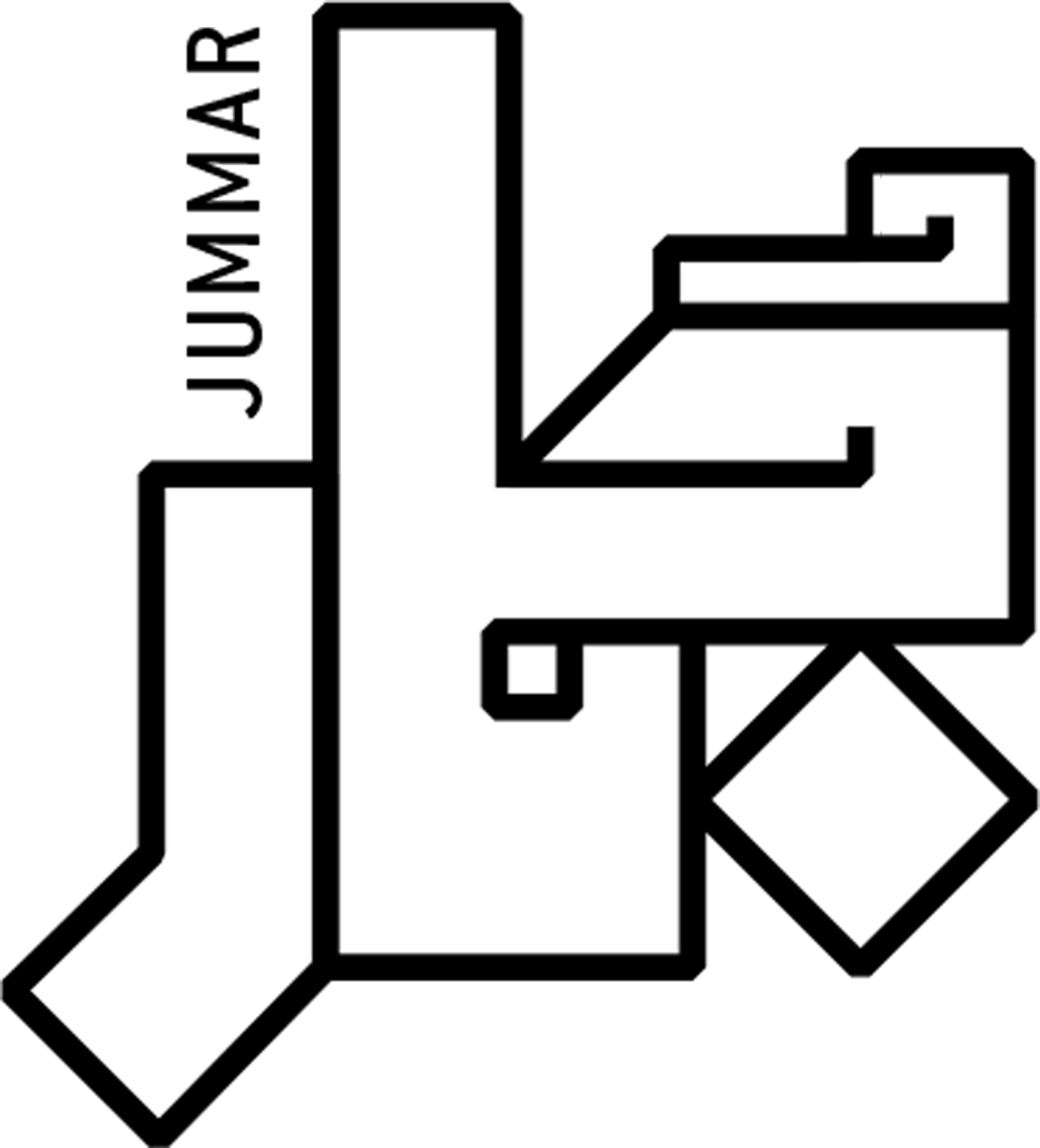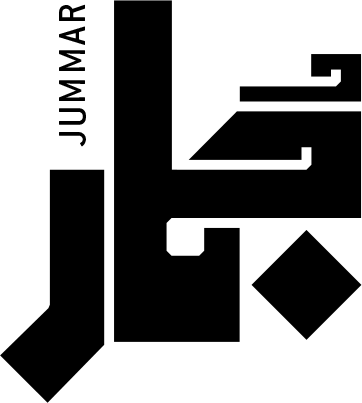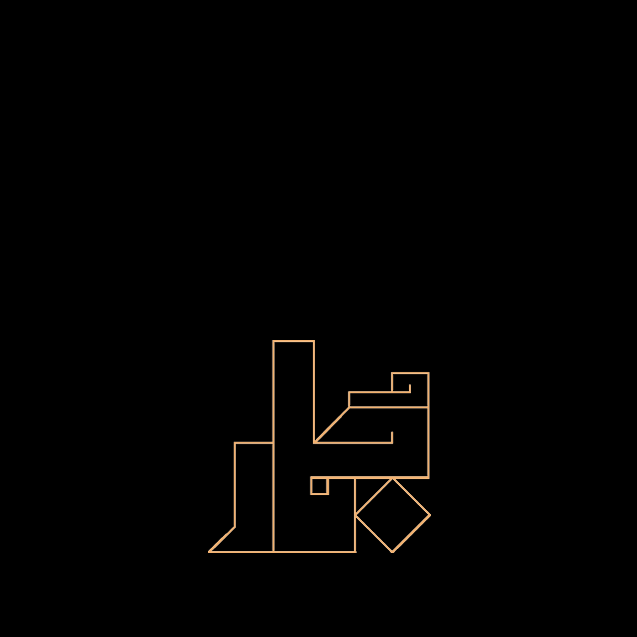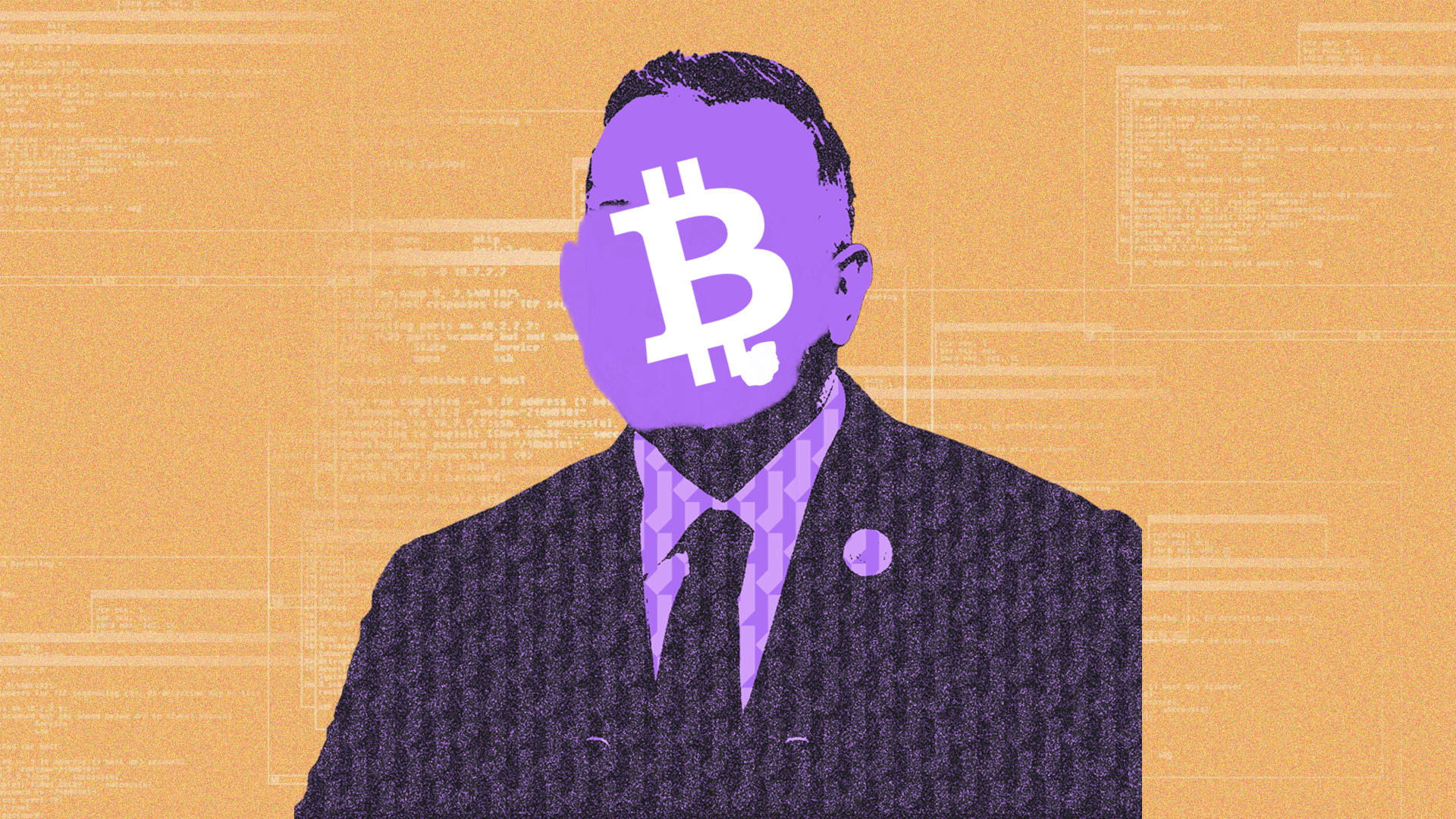Digital Miners in Iraq: Forever seeking profit even in the event of a Prime Minister’s assassination!
04 Oct 2022
Did the Prime Minister die by an airstrike targeting his house, or was he injured? Why did armed men take to the streets and storm the Green Zone? Who won the elections and who will be the new president? These are matters of no concern to digital miners. They live in isolation. Their language is numbers. Life at night suits them more than in the day.
Did the Prime Minister die by an airstrike targeting his house, or was he injured? Why did armed men take to the streets and storm the Green Zone? Who won the elections and who will be the new president? These are matters of no concern to digital miners. They live in isolation. Their language is numbers. Life at night suits them more than in the day.
Within online groups and public Telegram channels, thousands of young Iraqis are working around the clock mining cryptocurrencies, exchanging information and tips, and making huge profits. Some have bought houses and established businesses in faraway places, from China to the United States.
Did the prime minister die by bombing his house or was he injured? Why did armed men take to the streets and storm the Green Zone, home of many official headquarters? Who won the elections and who will be the new president? These are matters of no concern to digital miners. They live in isolation. Their language is numbers. Life at night suits them more than in the day.
The above events have repercussions on public life and yet no one is talking about them in the mining and trading groups. Members of these groups talk about other things, ask questions, and make regular offers to buy and sell. Nothing disturbs these people, whose lives are dictated by the global clock, as long as electricity is available, their computers are powerful, and their graphic processing units (GPUs) are doing their job. Their eyes do not stop checking the currency counter. They only stop monitoring it to sleep or check the news from the cryptocurrency market.
Other than one of them, his face was swollen and showed signs of lack of sleep.
It does not matter to them that most Iraqi banks – with the exception of one in Erbil – have been subject to fire or robberies of their paper money. Nor does it matter that the Shorja market in central Baghdad, which supplies Iraq with many goods, is not registered by anyone that deals with electronic currencies anywhere in the world. Cuba and El Salvador, where there no restrictions on trading with digital currencies, mean more to them than Iraq does at this point.
Mining and wallets
The words mining and wallets are commonly used by cryptocurrency traders in their online groups. Ashur Al-Naimi, who is known in the cryptocurrency market in Iraq, explains what these two words mean, in a phone interview with Jummar. He runs a well-known channel on the Telegram application and a page on Instagram known for its focus on digital currencies. Al-Naimi says that mining is to resolve mathematical equations that can secure digital currency transfers between people. This is done via GPUs, processors, or by using the Miner interface, a popular mining program. Wallets are a program, website, or device which works like a flash memory card that saves your personal currencies and allows you to send and receive, similar to a bank account.
Digital currencies are created by programmers who determine the number, value and then promote them to attract willing investors. Unlike traditional transactions, digital currency is not transferred by banks or other financial institutions but is performed via a digital record called Blockchain. Blockchain is an encrypted list of transaction records that are related to each other. The value of cryptocurrency increases or decreases based on the level of their circulation. Bitcoin was the first digital currency that appeared in 2009 at a price of 0.03 cents per unit. Its price rose to about $4,200 dollars in October 2017, and it recorded an approximate value of $47,300 in January 2022 before it fell sharply in June of the same year.
In Iraq, most miners deal with the currency called Ethereum. Each of them works from a data room where electricity is available around the clock and there is access to an air conditioner. Most prefer to do this activity using graphics cards rather than processors or phones, as it consumes high electrical energy. The miner connects 12 graphics cards together on the motherboard in his computer. For one day, one graphic card can produce a balance of digital currency equivalent to two and a half dollars. This is stored to invest in it later when the value of the digital currency rises or to be exchanged with another digital currency.[YK1]
Rich merchants who never leave their homes
It was 4 am on a day in August 2021, when Ibrahim Al-Iraqi offered $20,000 in cash in exchange for a digital currency equal to that amount in an open group on Telegram. At that time, the low exchange rate of IQD against the USD was exacerbated by the impact of the Covid-19 pandemic on local markets. Prices of goods and merchandise, ranging from edible oil to cigarettes, had all increased significantly.
When I corresponded with him, Ibrahim requested a document to prove that I was a journalist. This was in order to be sure that the person speaking to him was not from a security agency. He was being pursued by security forces because the trading of digital currencies in Iraq is prohibited and falls under the Anti-Money Laundering and Terrorist Financing Law.
This young man in his twenties started his career with regular electronic programming for companies on the internet, whilst also programming electronic games and selling their rights. “I used to get $600-800 a month which went towards paying the rent,” Ibrahim told me. In two years, he had raised $83,000, of which he spent $37,000 to buy a house for his family. He had decided to enter the world of mining to extend his livelihood further. “As long as you are in Iraq, you have to expand your income sources, otherwise you will be paralysed, and you will need to be injected with needles” he said sarcastically.
Ibrahim has a bank account in a bank in Erbil, the capital of the Kurdistan region, where he keeps his balance of digital currencies. This bank, which Ibrahim preferred not to reveal the name ofdue to the illegal nature of its activity and out of fear that its business will be halted if the name is revealed, is likely to be the only bank that deals with digital currencies. Ibrahim converts his digital currency into cash through applications such as Zain Cash provided by Zain Telecom or through digital wallets such as FastPay and NasWallet. The process takes place by selling the USDT currency, which is currently the same price as the USD. The buyer pays its value using mobile phone credit via Zain Cash, and the recipient converts it to cash at Zain’s offices and shops which are located across Iraq.
Cryptocurrency traders in Iraq know each other, and the relationships between them quickly develop on the social media websites and in chat groups, where the discussion is limited to this topic only. Ibrahim Al-Iraqi has a friend who is a trader. He buys goods from China using digital currency and sells them in the United States of America at a lower price than what is offered, earning thousands of dollars. “He does nothing but sit in front of his laptop. This process happens in minutes.” The 24-year-old never leaves home, says his friend, Ibrahim. He learned the ways of e-commerce on his own, taking online courses. “He watches the US market, identifies the most expensive goods, then buys them from China and sends them to the target market at a lower price.”
Reserved whispered meetings
Some cryptocurrency miners and traders meet in cafes and talk discreetly so as not to be caught. One of them, known as Ahmed Crypto, said that at least two people have been arrested for similar activities. The Central Bank of Iraq prohibits the use of digital currencies and warns against their circulation, as well as prohibiting the use of digital cards and electronic wallets for the purpose of market speculation and trading in digital currencies of all kinds. The bank, like many other banks around the world, sees these currencies as involving significant risk which cannot be tracked or taxed. They are not subject to any controls, legal legislation or monitoring in Iraq.
Crypto, a thirty-three-year-old Baghdadi man, owns $10,000 and its equal value in a digital currency. He sees the concerns and position of the Central Bank of Iraq as “backward. Cryptocurrency can be modified through tight procedures and legislation, bringing benefits to both parties, the bank and traders.”
Ashur Al-Nuaimi shares the same view, saying that the lack of knowledge of the Central Bank and the rest of the Iraqi banks on the operations in the Blockchain system makes them refrain from and fear digital currencies. Ahmed runs a Facebook page to manage his activity. He used to work from an office in Baghdad, but security warnings forced him to keep his activities secret. He suggests that the central bank should charge a commission for transferring digital currencies and for creating known and secured accounts.
“Your ban on digital currencies will not stop the mining and trading activity. Whatever you do, we will find alternative ways and precautions to avoid prosecution. The best thing is to legalize this activity so that we are under your eyes and supervision. We will pay you a commission which is more than what is paid in the countries that have legalised digital currencies,” says Ahmed Crypto, commenting on the stance of the Central Bank of Iraq.
International experiences in mining
In 2017, the digital currency Bitcoin overcame the price of gold, and the American markets launched the trading of investment funds on Bitcoin. A year later, the Marshall Islands announced that it would replace USD with digital currency to become the main currency in the Islands. In 2018, the United Arab Emirates launched its Blockchain strategy, with the aim of adapting and employing advanced technologies to transfer 50% of government transactions at the federal level to the Blockchain platform by 2021. The official Emirates portal says that this technology “will save (..) time, effort and resources, as well as enable individuals to conduct most of their transactions in a place and time that suits their lifestyle and work.”
The UAE strategy, according to its official website, will save 11 billion Dirhams annually to provide and document transactions and documents, 389 government documents, 77 million working hours, and 1.6 billion kilometers driving time for drivers. It also said that it aimed to employ future technology to “serve people by recording and documenting digital transactions using the Blockchain technology and allocating a distinctive fingerprint for digital data that cannot be hacked or changed, in a way that raises the level of digital security for national data and reduces operational costs through reducing paperwork, thus speeding up the decision-making process.”
The United States of America, Canada, Australia, Mexico, Nicaragua, Costa Rica, Kyrgyzstan, Cyprus, the United Arab Emirates, Israel, Japan, Switzerland and Malta all allow cryptocurrency trading. Last year, the electric car company, Tesla, invested approximately $1.5 billion in bitcoin.
And in Iraq, it’s just a fraud
In contrast to those countries, companies and banks, the economic authorities in Iraq believe that “this globalized digital pattern of cash trading and the risks and caveats it entails in financial dealings come from the fact that there is no oversight and legal reference from any authority in the world. It grows in an undefined or parallel market. It really crosses sovereignty,” explains Muthiher Muhammad Salih, former Deputy Governor of the Central Bank and a financial advisor to three prime ministers in a row, including the current president, Mustafa Al-Kadhemi.
From the point of view of the Iraqi authorities, according to Salih, “Digital currencies and mining activities still fall within the category of hierarchical activities, such as pyramid marketing and long-term fraudulent pyramid schemes. It is a completely unstable business model aimed at collecting money from the largest number of participants, while the biggest beneficiary is the one sitting at the top of the digital financial pyramid, the mysterious moral figure in a parallel globalized economy.”
Digital currencies and related entities are not referenced in the Iraqi Penal Code of 1969 which is still in force today. In March 2022, the Central Bank warned all banks and financial institutions against using digital cards and wallets in speculating or trading these currencies and included them in the Anti-Money Laundering and Financing Terrorism Law. Those convicted under this law are sentenced to 5-15 years in prison or issued a fine not exceeding 5 times the laundered money, although legal experts say that mere cryptocurrency trading cannot be considered money laundering unless this was the real motive even if they were trading for profit.
Lawyer and legal expert Hayan Al-Khayyat has not heard of a trial against anyone in Iraq on charges of trading or mining cryptocurrencies. He pointed to the need to find legislation that takes into account recent developments and distinguishes between real digital currencies of extremely high value and counterfeit currencies used in fraud and money laundering. Al-Khayat suggested that the Iraqi legislator should study and analyze digital currencies, return to experts in this field, and formulate a new law.
Ashur’s advice to Iraq’s winners
Ashur al-Nuaimi, an unknown who covers half of his profile picture with a veil and paints his eyes and forehead with a bright blue color, so that no one can recognize him, says that many young Iraqis have made millions through cryptocurrencies. Ashur’s advice to his followers, “Beware the whales,” the people who own 10-100,000 Bitcoin in their own wallet, which give them control of the price of the digital currency through buying and selling. Active traders in the cryptocurrency market agree that it is a volatile market. There are no written rules that determine its stability and there are no authorities to control it, which makes it difficult to predict its future.
In October 2021, Hollywood star Matt Damon was the face of an advertisement endorsing cryptocurrencies under the slogan was “Fortune favours the Brave.” Millions watched it. When explaining the reasons for his interest in digital currencies, Ibrahim Al-Iraqi repeated the same saying in a serious tone, “Buy one bitcoin and, after a year, its value will double, and you might buy the media outlet in which you’re currently working.” Who knows?
[YK1]The amount of money here is not fixed. It changes depending on the maximum power of each GPU. For example, one GPU can produce more than 4 dollars a day. [YK1]
Read More
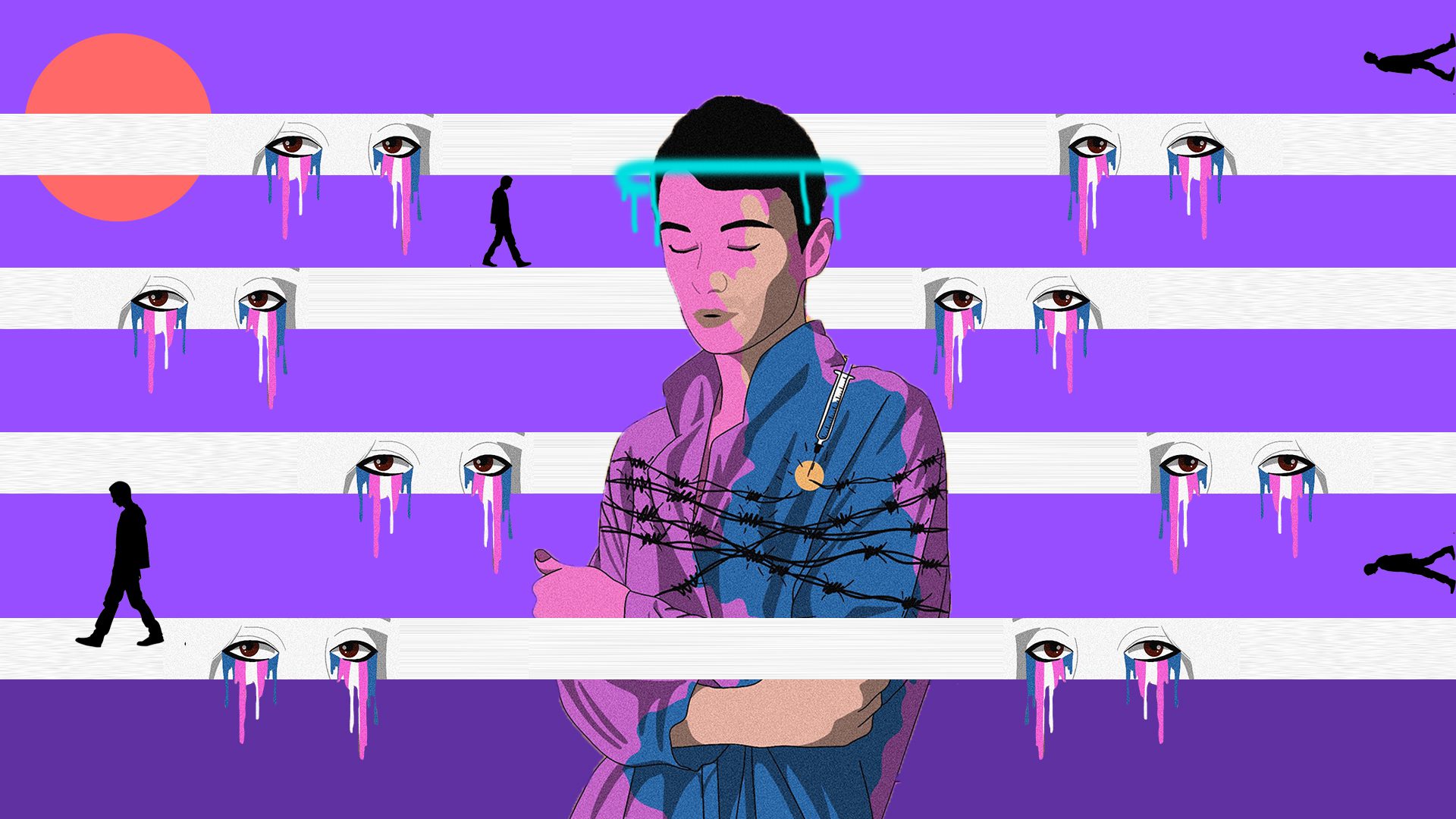
“She Brought a Fatwa from Khamenei and Al-Azhar, But It Went Nowhere”: The Struggles of Trans People in the Iraqi Health Sector
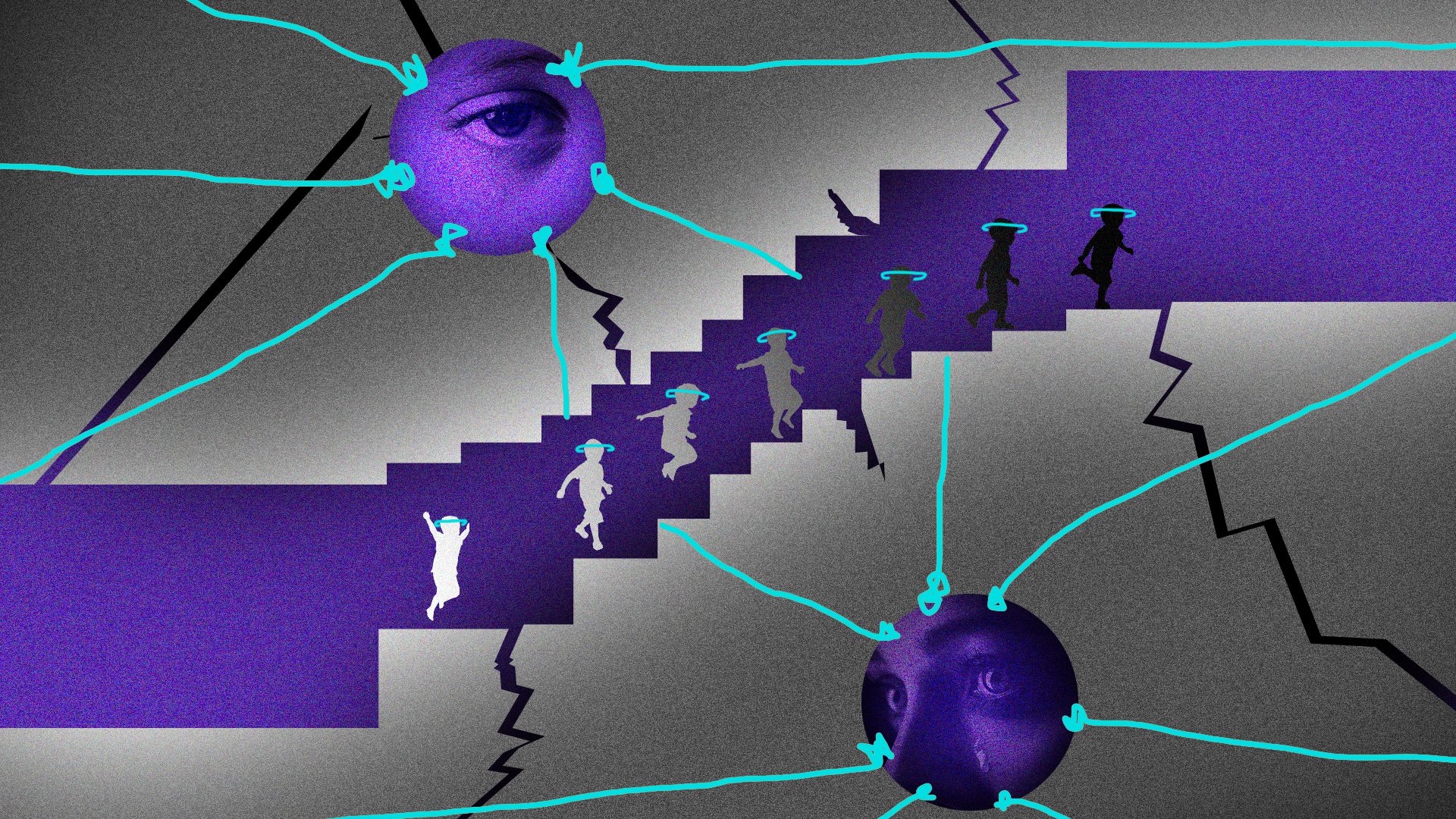
“Everyone has a Right to the Kids Except their Mother”: On Women Fighting for the Custody of Their Children
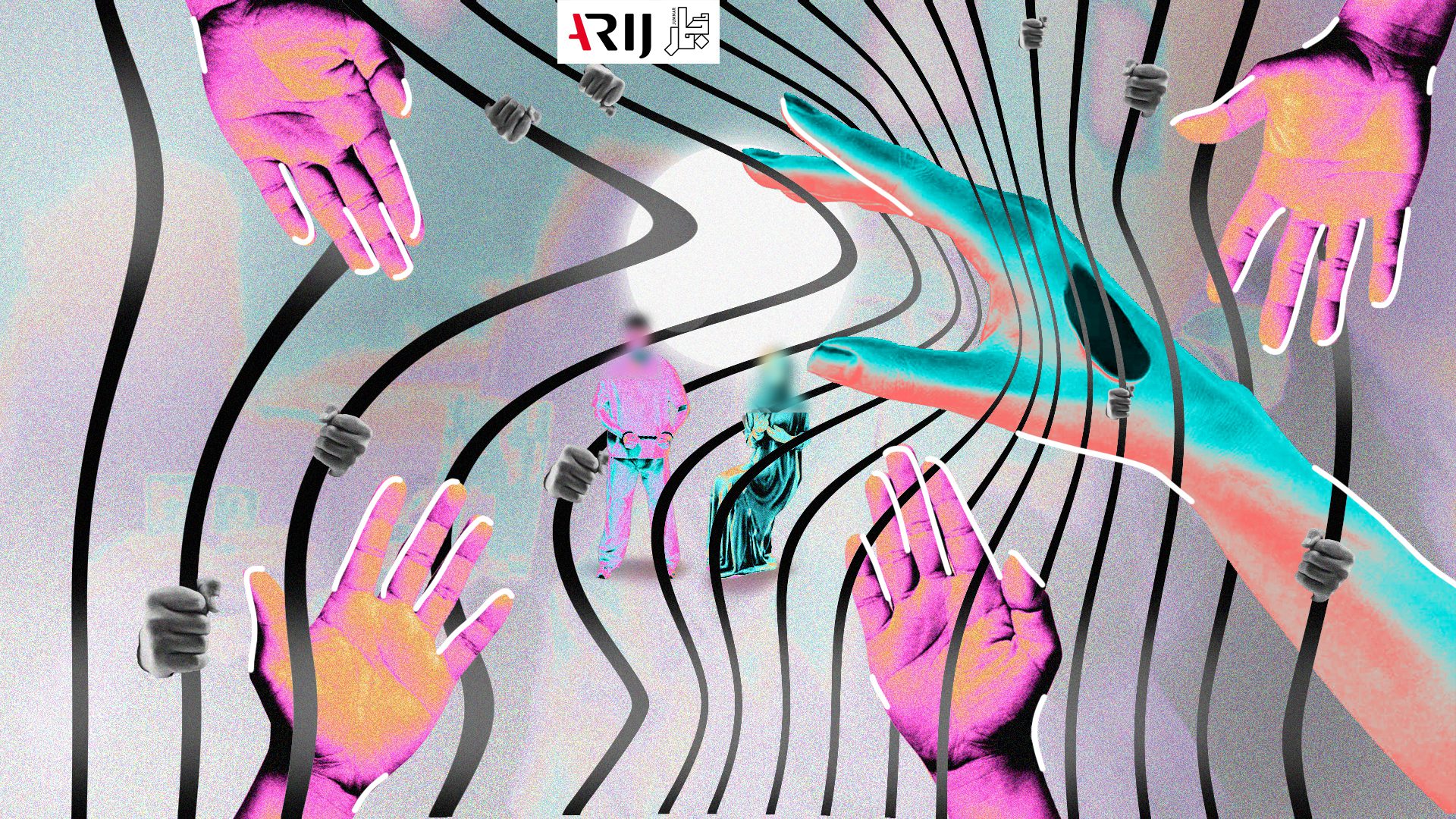
Iraqi Prisoners Blackmailed to Pay To Obtain Release Papers After Completing Their Sentence
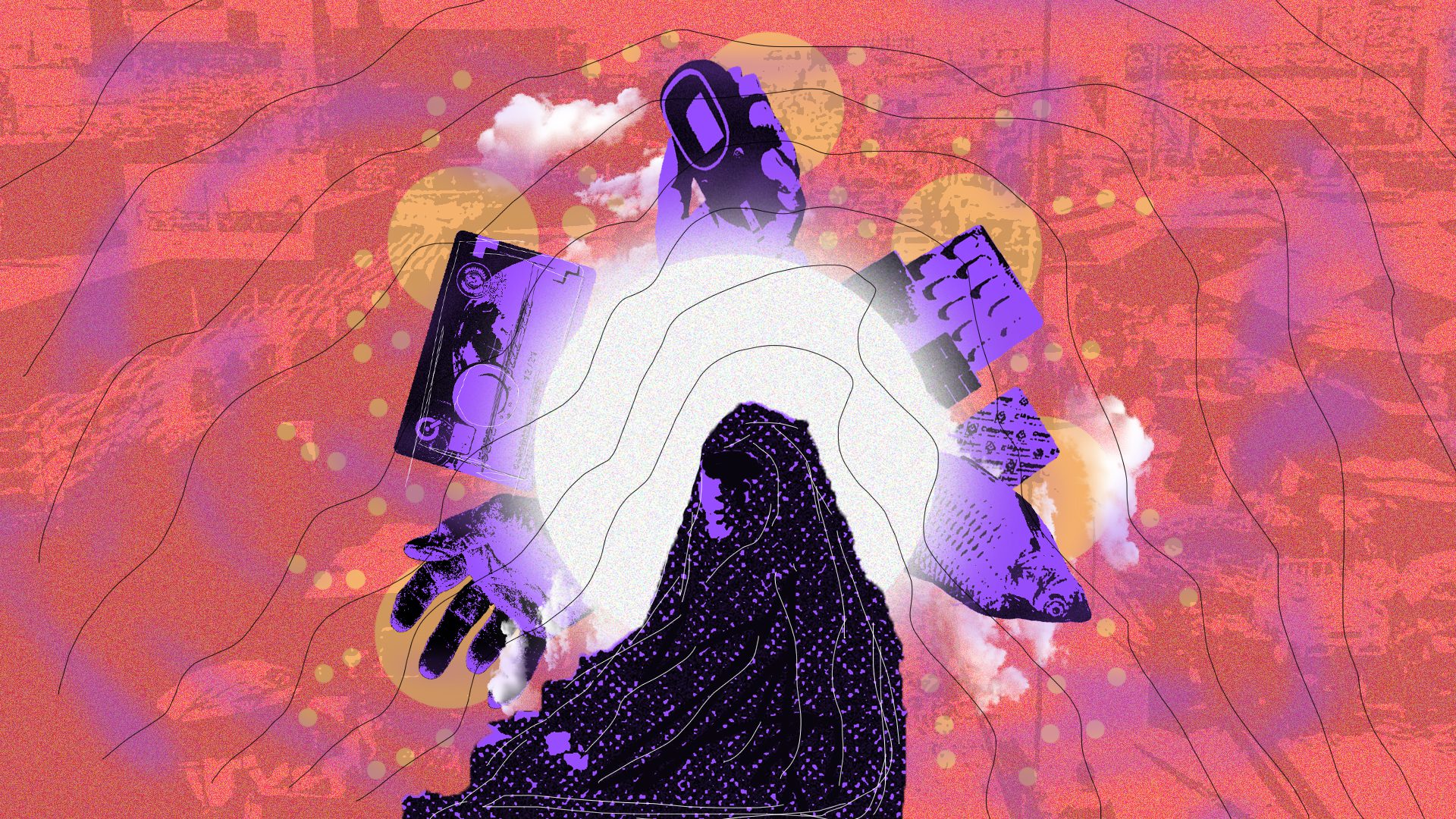
“We Have to Make a Living Somehow”: Women Working Hard under the Heat of Dhi Qar
Did the Prime Minister die by an airstrike targeting his house, or was he injured? Why did armed men take to the streets and storm the Green Zone? Who won the elections and who will be the new president? These are matters of no concern to digital miners. They live in isolation. Their language is numbers. Life at night suits them more than in the day.
Within online groups and public Telegram channels, thousands of young Iraqis are working around the clock mining cryptocurrencies, exchanging information and tips, and making huge profits. Some have bought houses and established businesses in faraway places, from China to the United States.
Did the prime minister die by bombing his house or was he injured? Why did armed men take to the streets and storm the Green Zone, home of many official headquarters? Who won the elections and who will be the new president? These are matters of no concern to digital miners. They live in isolation. Their language is numbers. Life at night suits them more than in the day.
The above events have repercussions on public life and yet no one is talking about them in the mining and trading groups. Members of these groups talk about other things, ask questions, and make regular offers to buy and sell. Nothing disturbs these people, whose lives are dictated by the global clock, as long as electricity is available, their computers are powerful, and their graphic processing units (GPUs) are doing their job. Their eyes do not stop checking the currency counter. They only stop monitoring it to sleep or check the news from the cryptocurrency market.
Other than one of them, his face was swollen and showed signs of lack of sleep.
It does not matter to them that most Iraqi banks – with the exception of one in Erbil – have been subject to fire or robberies of their paper money. Nor does it matter that the Shorja market in central Baghdad, which supplies Iraq with many goods, is not registered by anyone that deals with electronic currencies anywhere in the world. Cuba and El Salvador, where there no restrictions on trading with digital currencies, mean more to them than Iraq does at this point.
Mining and wallets
The words mining and wallets are commonly used by cryptocurrency traders in their online groups. Ashur Al-Naimi, who is known in the cryptocurrency market in Iraq, explains what these two words mean, in a phone interview with Jummar. He runs a well-known channel on the Telegram application and a page on Instagram known for its focus on digital currencies. Al-Naimi says that mining is to resolve mathematical equations that can secure digital currency transfers between people. This is done via GPUs, processors, or by using the Miner interface, a popular mining program. Wallets are a program, website, or device which works like a flash memory card that saves your personal currencies and allows you to send and receive, similar to a bank account.
Digital currencies are created by programmers who determine the number, value and then promote them to attract willing investors. Unlike traditional transactions, digital currency is not transferred by banks or other financial institutions but is performed via a digital record called Blockchain. Blockchain is an encrypted list of transaction records that are related to each other. The value of cryptocurrency increases or decreases based on the level of their circulation. Bitcoin was the first digital currency that appeared in 2009 at a price of 0.03 cents per unit. Its price rose to about $4,200 dollars in October 2017, and it recorded an approximate value of $47,300 in January 2022 before it fell sharply in June of the same year.
In Iraq, most miners deal with the currency called Ethereum. Each of them works from a data room where electricity is available around the clock and there is access to an air conditioner. Most prefer to do this activity using graphics cards rather than processors or phones, as it consumes high electrical energy. The miner connects 12 graphics cards together on the motherboard in his computer. For one day, one graphic card can produce a balance of digital currency equivalent to two and a half dollars. This is stored to invest in it later when the value of the digital currency rises or to be exchanged with another digital currency.[YK1]
Rich merchants who never leave their homes
It was 4 am on a day in August 2021, when Ibrahim Al-Iraqi offered $20,000 in cash in exchange for a digital currency equal to that amount in an open group on Telegram. At that time, the low exchange rate of IQD against the USD was exacerbated by the impact of the Covid-19 pandemic on local markets. Prices of goods and merchandise, ranging from edible oil to cigarettes, had all increased significantly.
When I corresponded with him, Ibrahim requested a document to prove that I was a journalist. This was in order to be sure that the person speaking to him was not from a security agency. He was being pursued by security forces because the trading of digital currencies in Iraq is prohibited and falls under the Anti-Money Laundering and Terrorist Financing Law.
This young man in his twenties started his career with regular electronic programming for companies on the internet, whilst also programming electronic games and selling their rights. “I used to get $600-800 a month which went towards paying the rent,” Ibrahim told me. In two years, he had raised $83,000, of which he spent $37,000 to buy a house for his family. He had decided to enter the world of mining to extend his livelihood further. “As long as you are in Iraq, you have to expand your income sources, otherwise you will be paralysed, and you will need to be injected with needles” he said sarcastically.
Ibrahim has a bank account in a bank in Erbil, the capital of the Kurdistan region, where he keeps his balance of digital currencies. This bank, which Ibrahim preferred not to reveal the name ofdue to the illegal nature of its activity and out of fear that its business will be halted if the name is revealed, is likely to be the only bank that deals with digital currencies. Ibrahim converts his digital currency into cash through applications such as Zain Cash provided by Zain Telecom or through digital wallets such as FastPay and NasWallet. The process takes place by selling the USDT currency, which is currently the same price as the USD. The buyer pays its value using mobile phone credit via Zain Cash, and the recipient converts it to cash at Zain’s offices and shops which are located across Iraq.
Cryptocurrency traders in Iraq know each other, and the relationships between them quickly develop on the social media websites and in chat groups, where the discussion is limited to this topic only. Ibrahim Al-Iraqi has a friend who is a trader. He buys goods from China using digital currency and sells them in the United States of America at a lower price than what is offered, earning thousands of dollars. “He does nothing but sit in front of his laptop. This process happens in minutes.” The 24-year-old never leaves home, says his friend, Ibrahim. He learned the ways of e-commerce on his own, taking online courses. “He watches the US market, identifies the most expensive goods, then buys them from China and sends them to the target market at a lower price.”
Reserved whispered meetings
Some cryptocurrency miners and traders meet in cafes and talk discreetly so as not to be caught. One of them, known as Ahmed Crypto, said that at least two people have been arrested for similar activities. The Central Bank of Iraq prohibits the use of digital currencies and warns against their circulation, as well as prohibiting the use of digital cards and electronic wallets for the purpose of market speculation and trading in digital currencies of all kinds. The bank, like many other banks around the world, sees these currencies as involving significant risk which cannot be tracked or taxed. They are not subject to any controls, legal legislation or monitoring in Iraq.
Crypto, a thirty-three-year-old Baghdadi man, owns $10,000 and its equal value in a digital currency. He sees the concerns and position of the Central Bank of Iraq as “backward. Cryptocurrency can be modified through tight procedures and legislation, bringing benefits to both parties, the bank and traders.”
Ashur Al-Nuaimi shares the same view, saying that the lack of knowledge of the Central Bank and the rest of the Iraqi banks on the operations in the Blockchain system makes them refrain from and fear digital currencies. Ahmed runs a Facebook page to manage his activity. He used to work from an office in Baghdad, but security warnings forced him to keep his activities secret. He suggests that the central bank should charge a commission for transferring digital currencies and for creating known and secured accounts.
“Your ban on digital currencies will not stop the mining and trading activity. Whatever you do, we will find alternative ways and precautions to avoid prosecution. The best thing is to legalize this activity so that we are under your eyes and supervision. We will pay you a commission which is more than what is paid in the countries that have legalised digital currencies,” says Ahmed Crypto, commenting on the stance of the Central Bank of Iraq.
International experiences in mining
In 2017, the digital currency Bitcoin overcame the price of gold, and the American markets launched the trading of investment funds on Bitcoin. A year later, the Marshall Islands announced that it would replace USD with digital currency to become the main currency in the Islands. In 2018, the United Arab Emirates launched its Blockchain strategy, with the aim of adapting and employing advanced technologies to transfer 50% of government transactions at the federal level to the Blockchain platform by 2021. The official Emirates portal says that this technology “will save (..) time, effort and resources, as well as enable individuals to conduct most of their transactions in a place and time that suits their lifestyle and work.”
The UAE strategy, according to its official website, will save 11 billion Dirhams annually to provide and document transactions and documents, 389 government documents, 77 million working hours, and 1.6 billion kilometers driving time for drivers. It also said that it aimed to employ future technology to “serve people by recording and documenting digital transactions using the Blockchain technology and allocating a distinctive fingerprint for digital data that cannot be hacked or changed, in a way that raises the level of digital security for national data and reduces operational costs through reducing paperwork, thus speeding up the decision-making process.”
The United States of America, Canada, Australia, Mexico, Nicaragua, Costa Rica, Kyrgyzstan, Cyprus, the United Arab Emirates, Israel, Japan, Switzerland and Malta all allow cryptocurrency trading. Last year, the electric car company, Tesla, invested approximately $1.5 billion in bitcoin.
And in Iraq, it’s just a fraud
In contrast to those countries, companies and banks, the economic authorities in Iraq believe that “this globalized digital pattern of cash trading and the risks and caveats it entails in financial dealings come from the fact that there is no oversight and legal reference from any authority in the world. It grows in an undefined or parallel market. It really crosses sovereignty,” explains Muthiher Muhammad Salih, former Deputy Governor of the Central Bank and a financial advisor to three prime ministers in a row, including the current president, Mustafa Al-Kadhemi.
From the point of view of the Iraqi authorities, according to Salih, “Digital currencies and mining activities still fall within the category of hierarchical activities, such as pyramid marketing and long-term fraudulent pyramid schemes. It is a completely unstable business model aimed at collecting money from the largest number of participants, while the biggest beneficiary is the one sitting at the top of the digital financial pyramid, the mysterious moral figure in a parallel globalized economy.”
Digital currencies and related entities are not referenced in the Iraqi Penal Code of 1969 which is still in force today. In March 2022, the Central Bank warned all banks and financial institutions against using digital cards and wallets in speculating or trading these currencies and included them in the Anti-Money Laundering and Financing Terrorism Law. Those convicted under this law are sentenced to 5-15 years in prison or issued a fine not exceeding 5 times the laundered money, although legal experts say that mere cryptocurrency trading cannot be considered money laundering unless this was the real motive even if they were trading for profit.
Lawyer and legal expert Hayan Al-Khayyat has not heard of a trial against anyone in Iraq on charges of trading or mining cryptocurrencies. He pointed to the need to find legislation that takes into account recent developments and distinguishes between real digital currencies of extremely high value and counterfeit currencies used in fraud and money laundering. Al-Khayat suggested that the Iraqi legislator should study and analyze digital currencies, return to experts in this field, and formulate a new law.
Ashur’s advice to Iraq’s winners
Ashur al-Nuaimi, an unknown who covers half of his profile picture with a veil and paints his eyes and forehead with a bright blue color, so that no one can recognize him, says that many young Iraqis have made millions through cryptocurrencies. Ashur’s advice to his followers, “Beware the whales,” the people who own 10-100,000 Bitcoin in their own wallet, which give them control of the price of the digital currency through buying and selling. Active traders in the cryptocurrency market agree that it is a volatile market. There are no written rules that determine its stability and there are no authorities to control it, which makes it difficult to predict its future.
In October 2021, Hollywood star Matt Damon was the face of an advertisement endorsing cryptocurrencies under the slogan was “Fortune favours the Brave.” Millions watched it. When explaining the reasons for his interest in digital currencies, Ibrahim Al-Iraqi repeated the same saying in a serious tone, “Buy one bitcoin and, after a year, its value will double, and you might buy the media outlet in which you’re currently working.” Who knows?
[YK1]The amount of money here is not fixed. It changes depending on the maximum power of each GPU. For example, one GPU can produce more than 4 dollars a day. [YK1]
